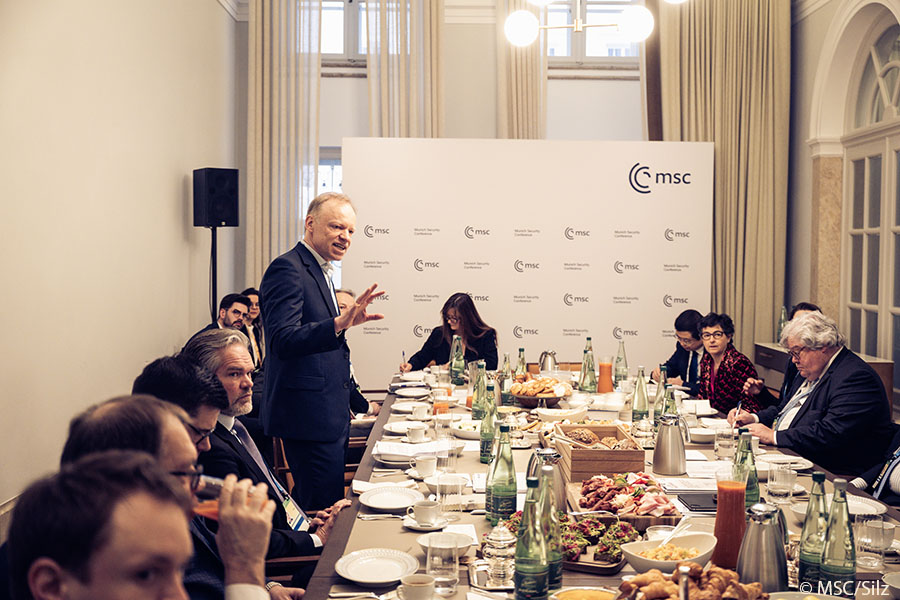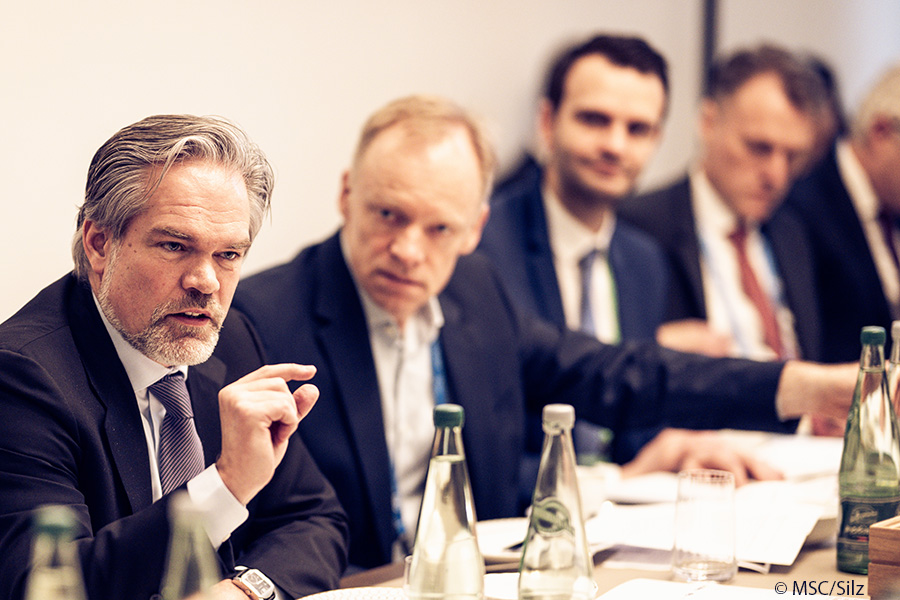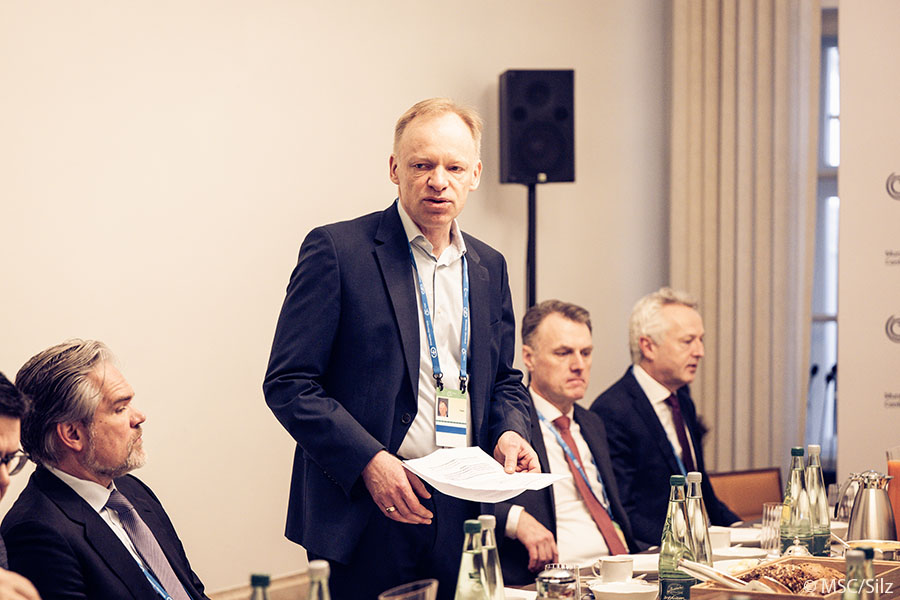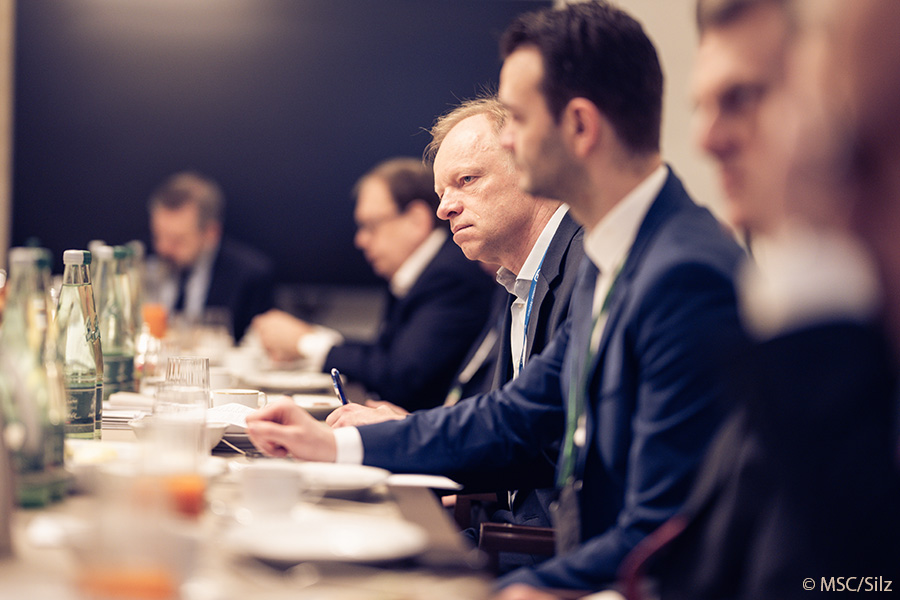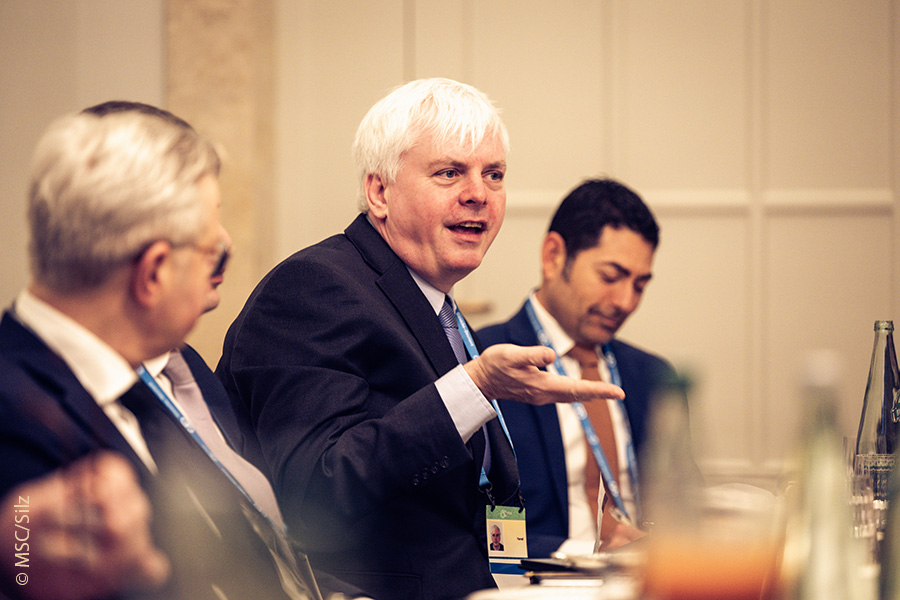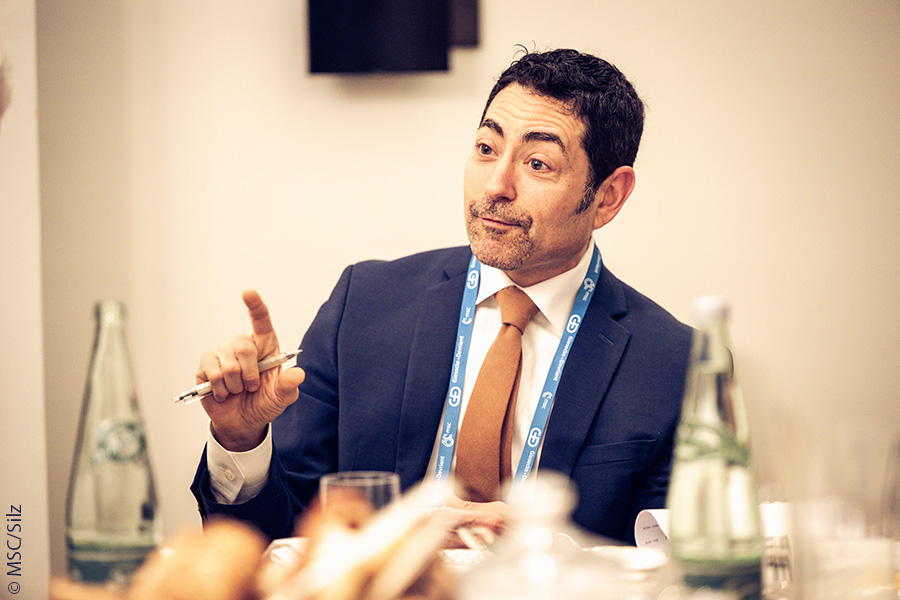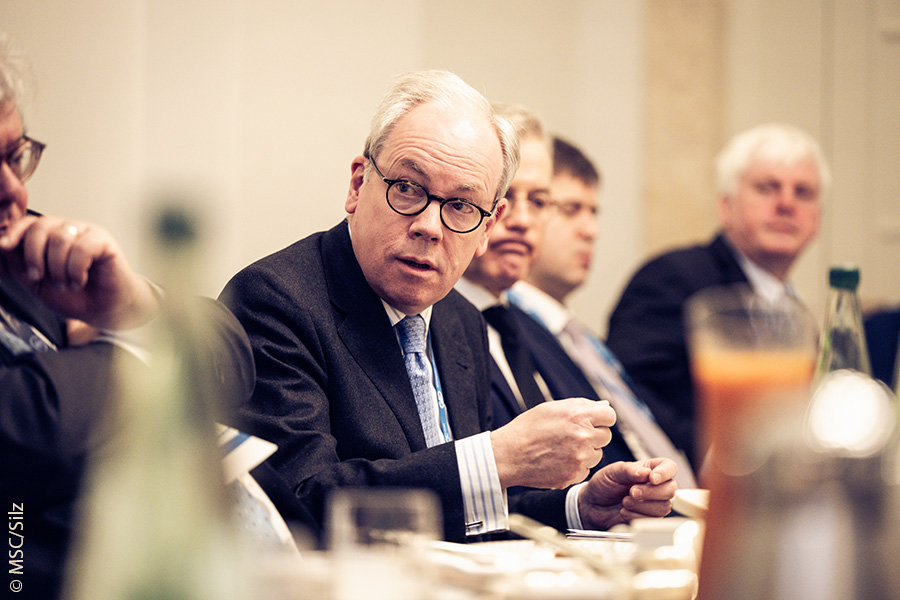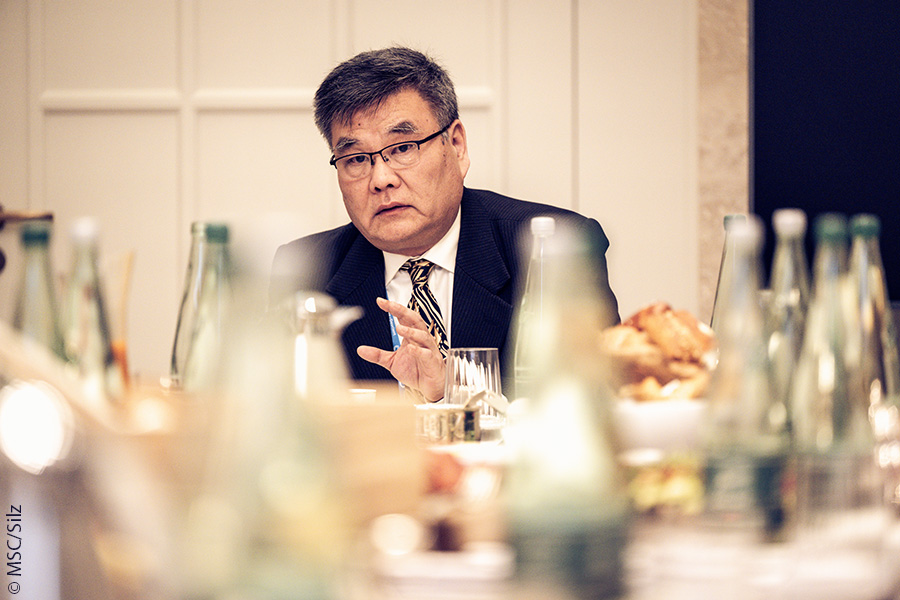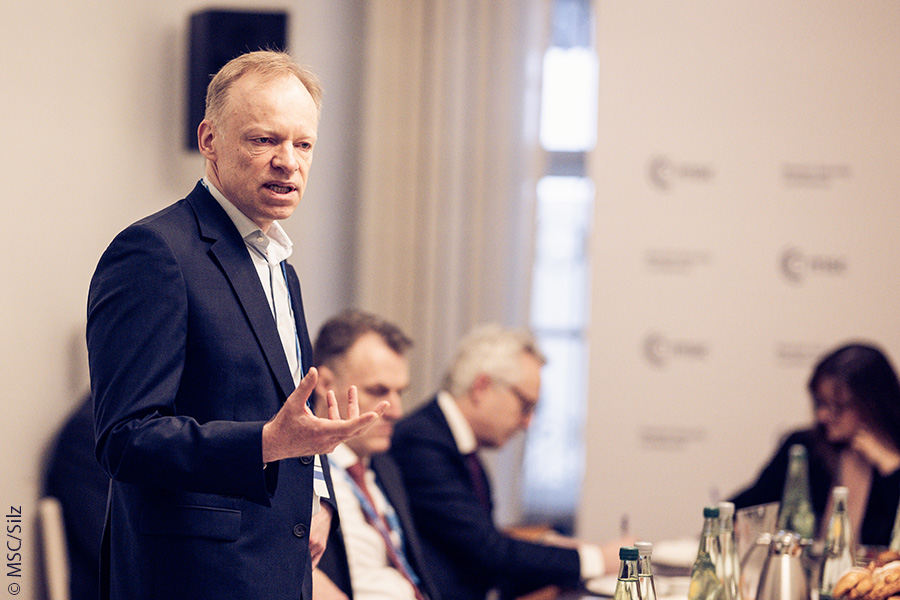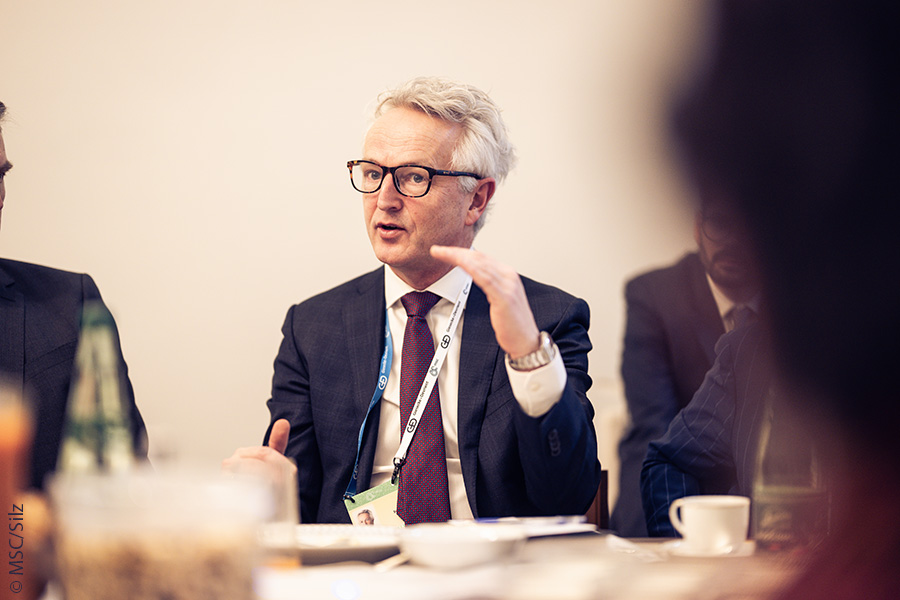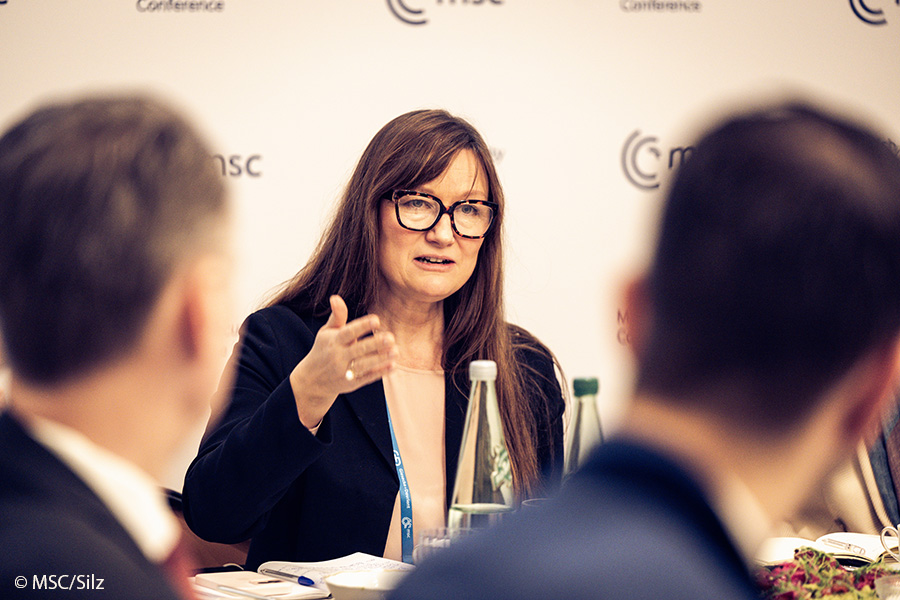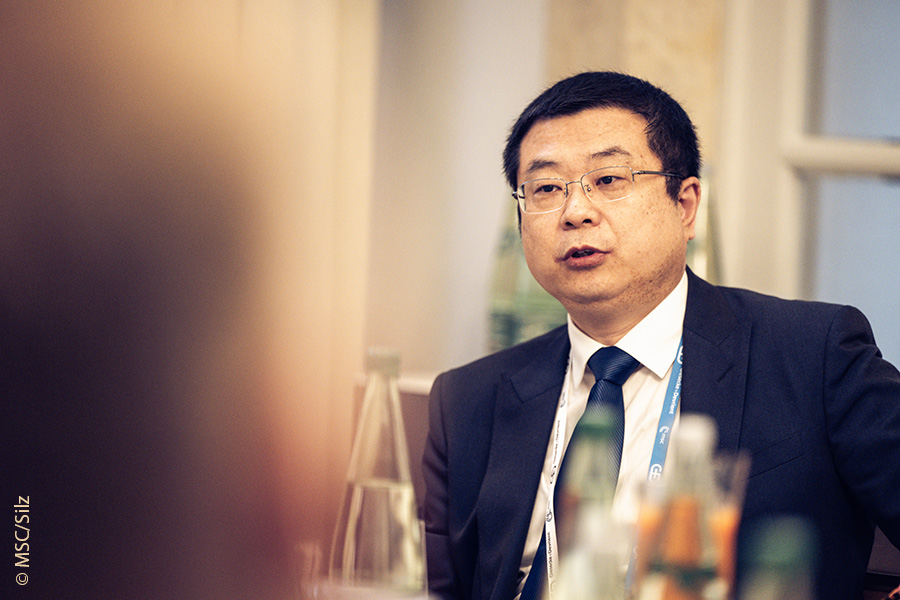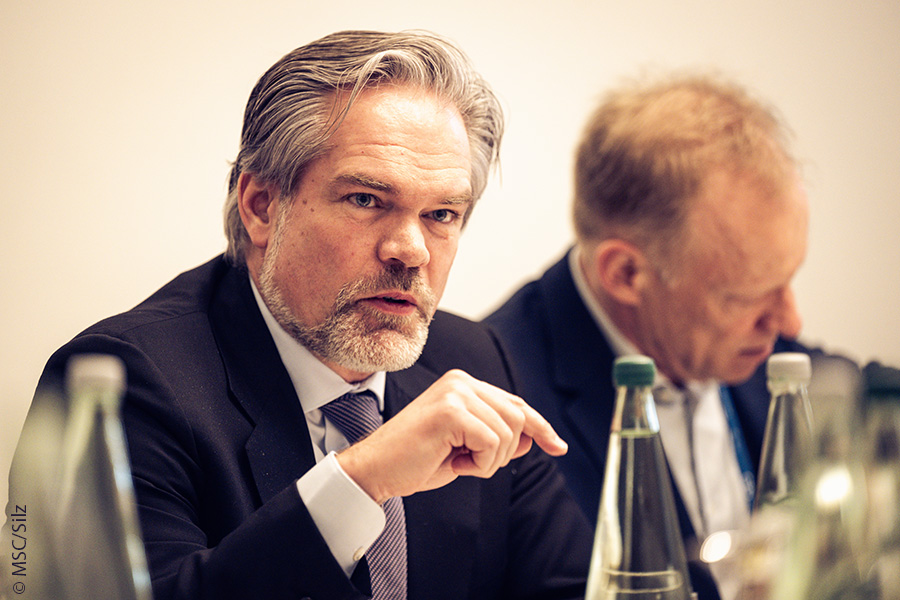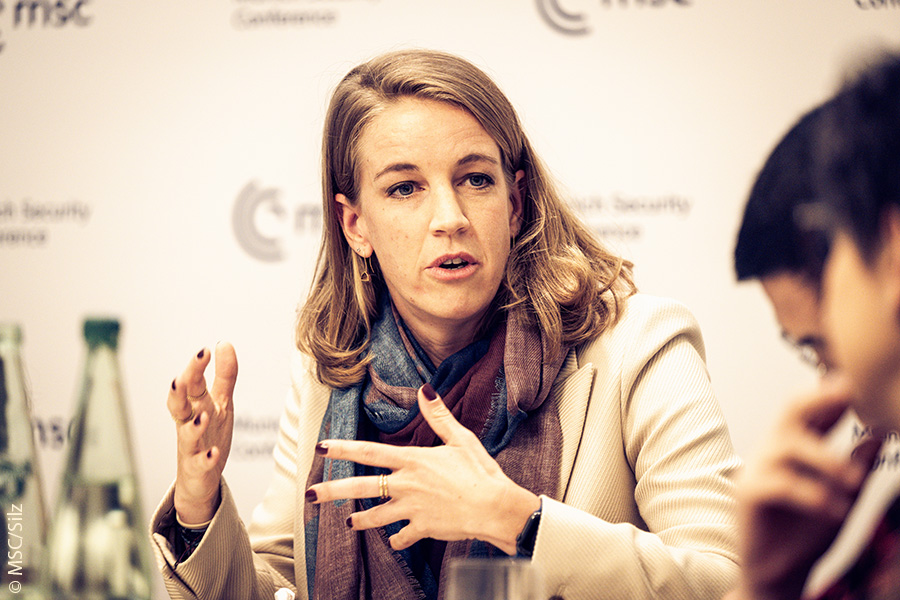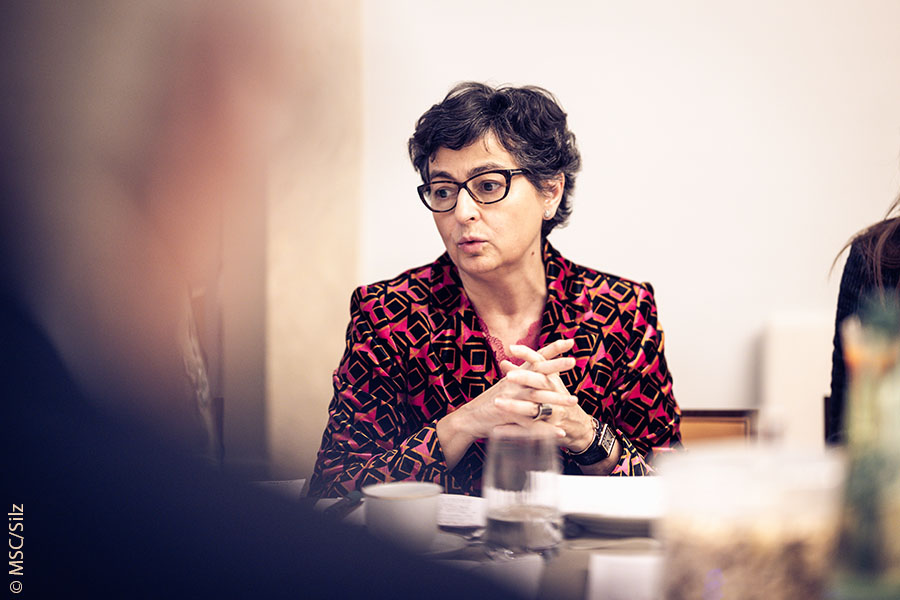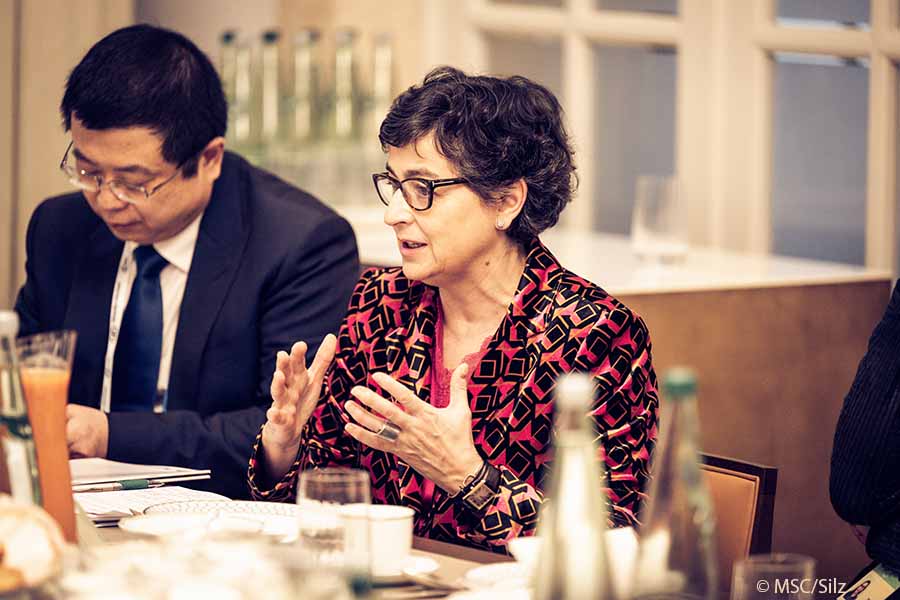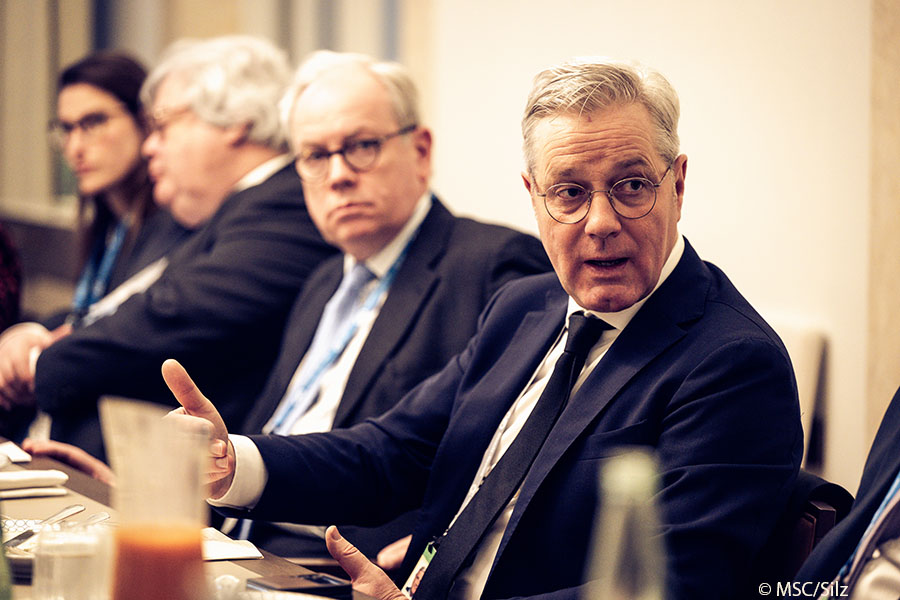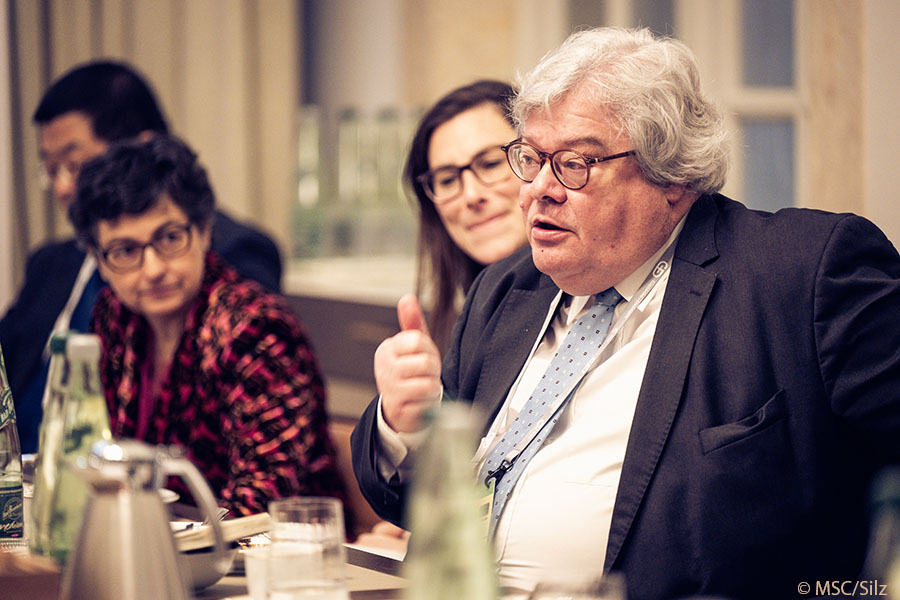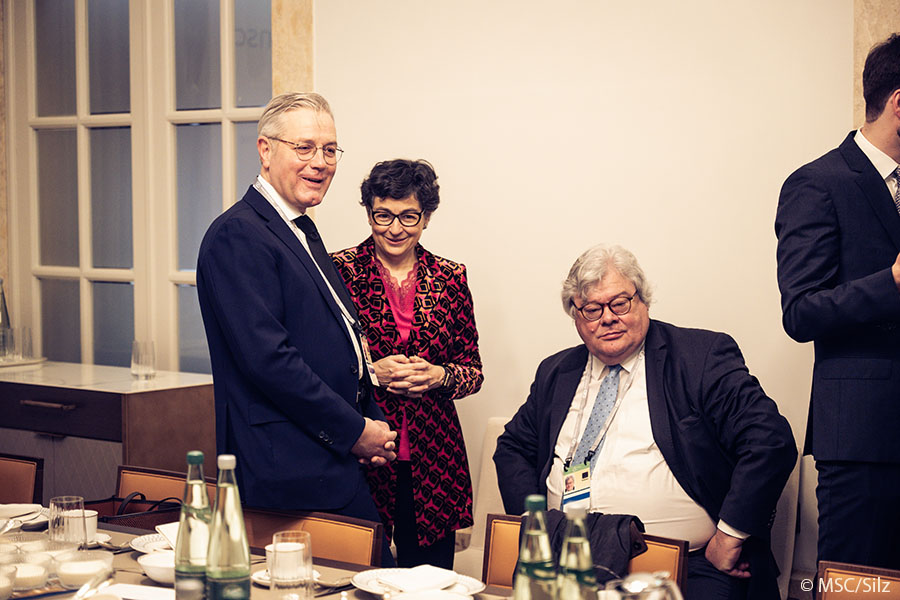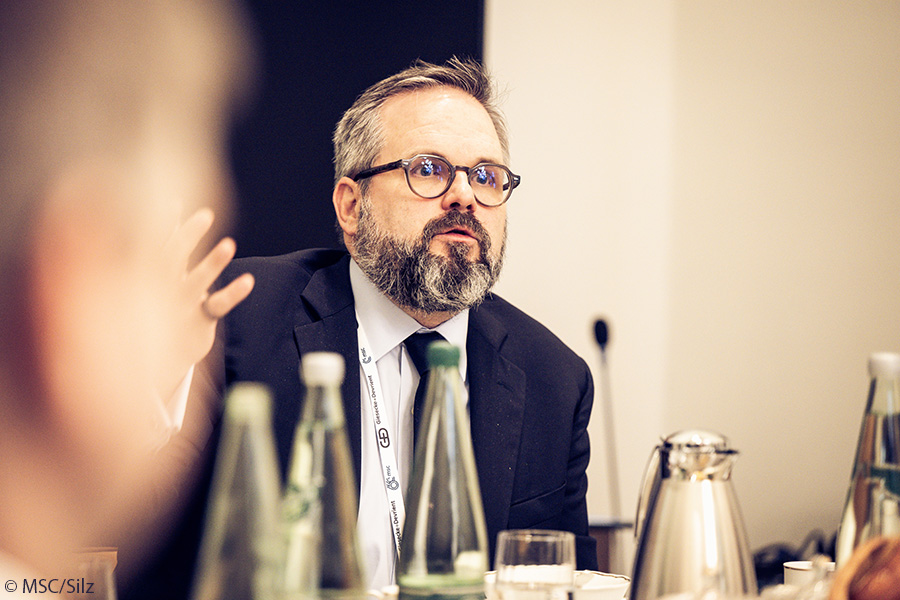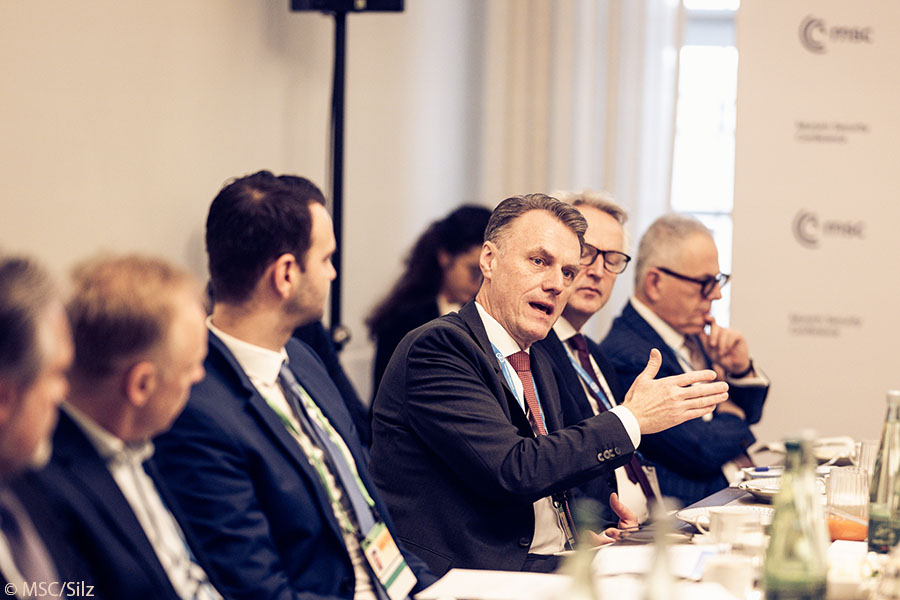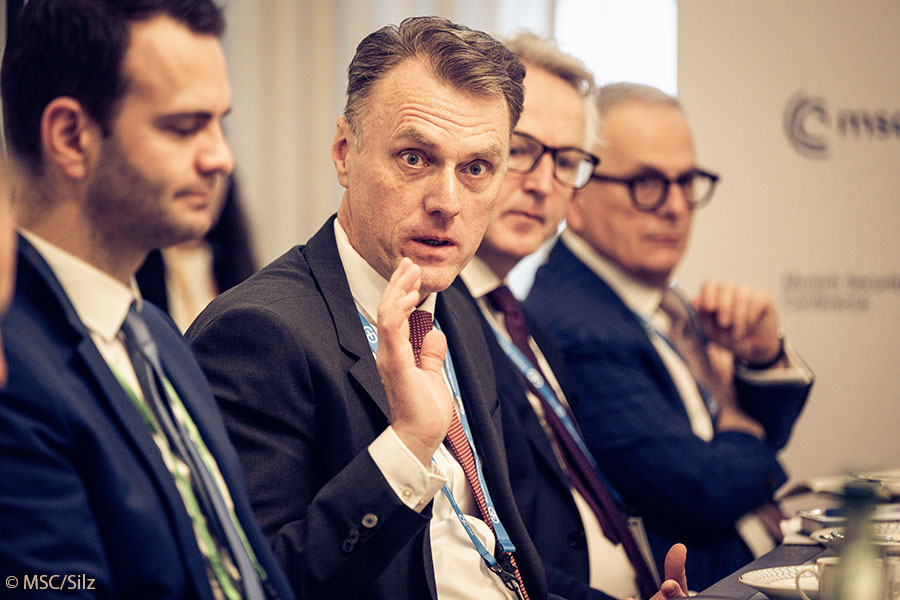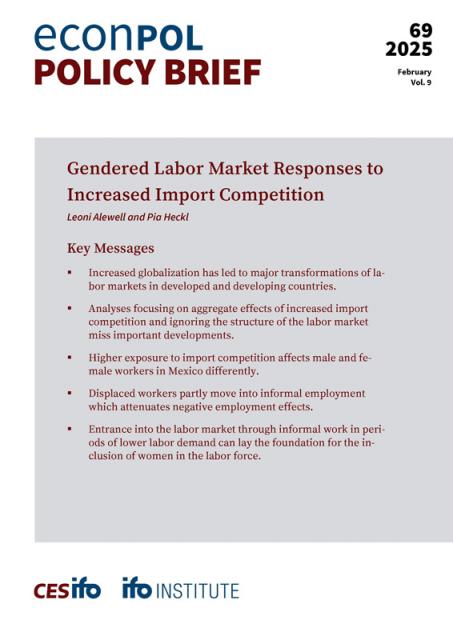Geoeconomics: Rethinking Dependencies and Partnerships
Breakfast Discussion at the Munich Security Conference 2024
-
Munich
Geopolitics in Europe has long neglected economic affairs. Now, the recent shocks of the Covid-19 pandemic and of Russia’s war against Ukraine, in addition to the looming climate crisis and sustainability concerns, have added a massive economic component to European geopolitics. Critical dependencies for Europe’s energy security, for its digital and health infrastructure, and other key inputs for its economic competitiveness and the rapid deployment of new technologies have forced Europe into a rethink of its assumptions about the role of economic policy and public budgets for security issues. What happens above and below ground, as well as across borders far and wide, will have a major impact on European economies and will be a challenge for security policy for decades to come. Security policy and economics have become intertwined challenges and raise urgent questions for Europe:
How to improve economic resilience, avoid dangerous dependencies, and safeguard competitiveness? Do we need to rethink our trade partnerships and EU’s relationships with China and the US? Should we ban foreign investments in domestic (digital) infrastructure? Should Europe act more strategically and integrate economic and security policy, and if so, how?
The Breakfast Discussion of ifo Institute and EconPol Europe will address such questions and the main aspects of this new geoeconomic reality with a lineup of top leaders from politics, industry, and academia as official event during the Munich Security Conference 2024. The event will be in Munich at the Security Conference.
